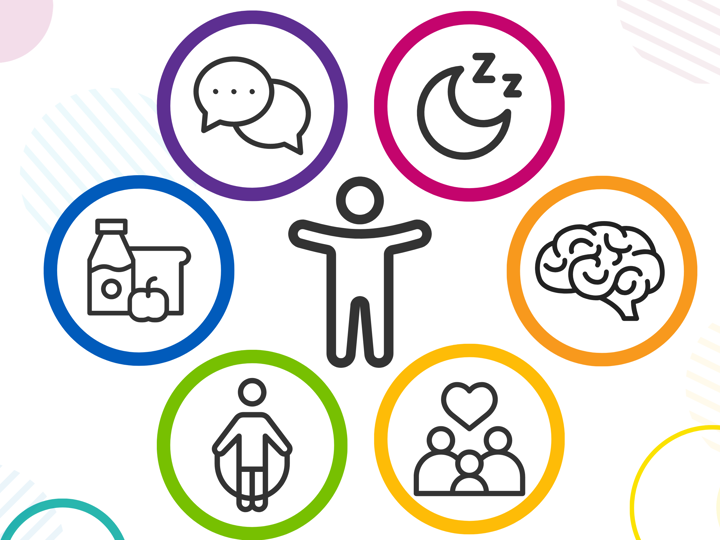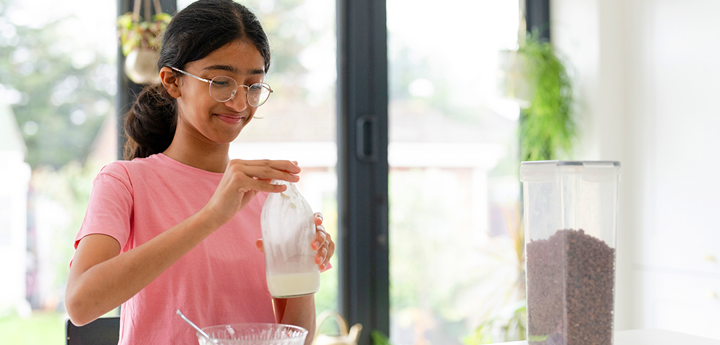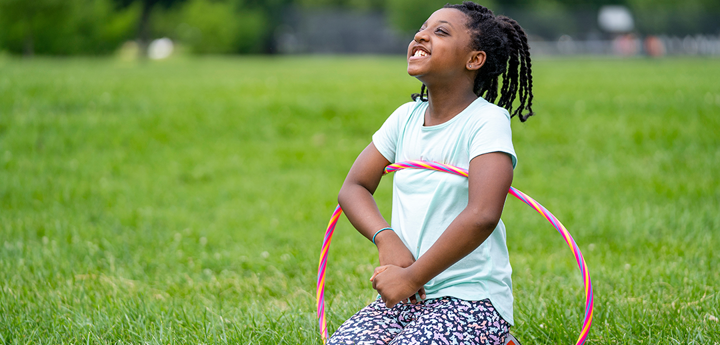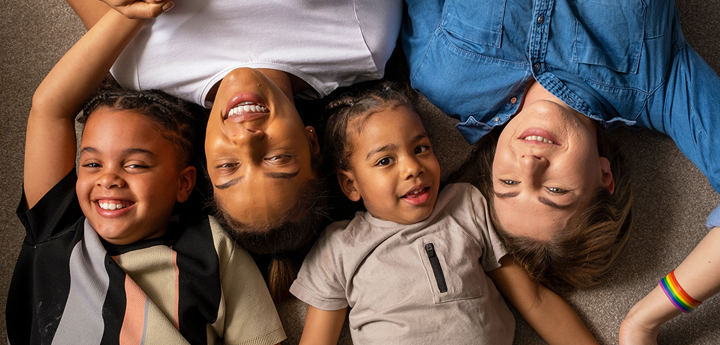A whole person approach
- SEND
- Child development and growing up
- Neurodiversity

The whole person approach is also known as a holistic approach. This is when you view every aspect of your child or young person's care as equal.
Different elements of physical, mental and emotional wellbeing will affect other areas. For example, poor sleep habits can affect mood which can affect how they feel about themselves.
A whole person approach helps create a healthy and active lifestyle for your neurodivergent child or young person.
Be careful with online information
There are lots of things available that can help support you and your neurodivergent child or young person. Unfortunately, there's also advice with little or no proof that it'll actually help. Some advice on the internet can actually hurt your child or young person.
You will need to be careful about the information you read online and the products you buy. Avoid anything that suggests it is a 'cure' for neurodiversity. Unfortunately there are people and companies who make money by exploiting concerned families.
If you are considering using any medication or intervention, even if it's a 'natural remedy'. Speak to a health professional like your GP, health visitor or school nurse.
Don't
- do not use secretin
- do not use chelation
- do not use hyperbaric oxygen therapy
- do not use neurofeedback or auditory integration therapy to manage speech and language difficulties in children.
- do not use fatty acids or omega 3 to treat sleep difficulties
- do not use fatty acids or omega 3 to treat ADHD traits
- do not use exclusion diets unless discussed and agreed with a dietician
Last reviewed: 27 November, 2024








